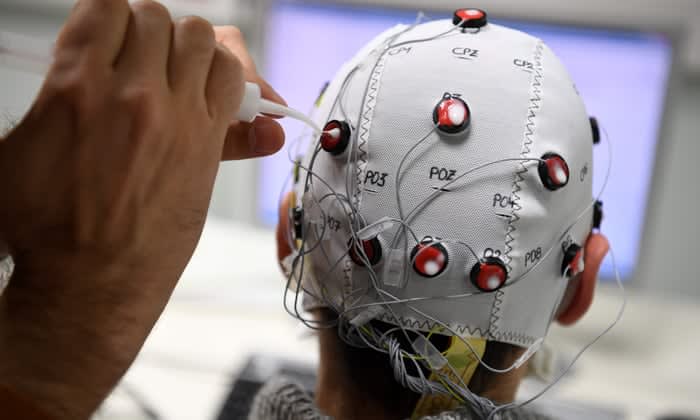Introduction:
Neurotechnology, also known as brain-computer interfaces (BCIs), is a rapidly growing field that has the potential to revolutionize the way we interact with technology. This technology uses signals from the brain to control computers and other electronic devices, allowing users to control these devices with their thoughts. In this blog post, we will delve into the latest developments, potential uses, and ethical concerns of neurotechnology and BCIs.

What are Neurotechnology and BCIs?
Neurotechnology and BCIs refer to the technology that allows direct communication between the brain and an external device, such as a computer or robot. This is achieved through the use of electrodes implanted in the brain, which can detect and interpret the electrical signals produced by the brain. The technology is still in its early stages of development, but it has the potential to change the way we interact with technology and has many potential applications in healthcare, gaming, and communication.
Latest Developments of Neurotechnology:
The field of neurotechnology and BCIs has seen significant progress in recent years. There have been many breakthroughs in the development of implantable electrodes, which are becoming more and more sophisticated. These electrodes are able to detect a wider range of signals from the brain, making them more accurate and reliable. Additionally, researchers are now able to use non-invasive methods to detect brain signals, such as electroencephalography (EEG), which is a non-invasive method of measuring brain activity.
Potential Uses of Neurotechnology:
One of the most promising applications of neurotechnology and BCIs is in the field of healthcare. These technologies have the potential to help people with disabilities, such as paralysis, to communicate and control devices with their thoughts. For example, researchers are currently working on developing BCIs that can be used to control prosthetic limbs, allowing people with amputations to control their prosthetics with their thoughts.
Another potential use of neurotechnology and BCIs is in the field of gaming. BCIs can be used to control games using thoughts, which could make gaming more immersive and interactive. Additionally, researchers are exploring the use of BCIs in virtual reality, which could allow users to control virtual environments using their thoughts.
In addition to healthcare and gaming, neurotechnology and BCIs have the potential to revolutionize the field of communication. BCIs could be used to create new forms of communication, such as thought-controlled typing, which would allow people to communicate more quickly and easily.
Ethical Concerns:
One of the challenges that neurotechnology and BCIs face is the ethical and legal implications of the technology. As the technology advances, it is important to consider the potential risks and benefits of using BCIs, as well as the ethical and legal implications of using this technology. For example, there are concerns about the privacy and security of brain data, as well as the potential risks of hacking or manipulation of brain signals. Additionally, there are ethical questions about the use of neurotechnology and BCIs, such as the potential for misuse or abuse of the technology. It is important for researchers and policymakers to consider these issues as the technology develops to ensure that it is used in a responsible and ethical manner.
Conclusion:
In conclusion, neurotechnology and BCIs are a rapidly growing field that has the potential to revolutionize the way we interact with technology. The technology is still in its early stages of development but it has the potential to change the way we interact with technology and has many potential applications in healthcare, gaming, and communication. With the advancements in neurotechnology and BCIs, we can expect to see more breakthroughs in this field in the future. However, it is important to also consider the ethical and legal concerns of this technology as it develops. Researchers and policymakers must work together to ensure that the benefits of neurotechnology and BCIs are maximized while minimizing the potential risks and negative impacts. Overall, the potential of neurotechnology and BCIs is exciting and holds great promise for the future, but it is important to approach it with caution and consideration. It is crucial to keep in mind the ethical and legal implications of this technology to ensure that it is used in a responsible and beneficial way for everyone.


Comments